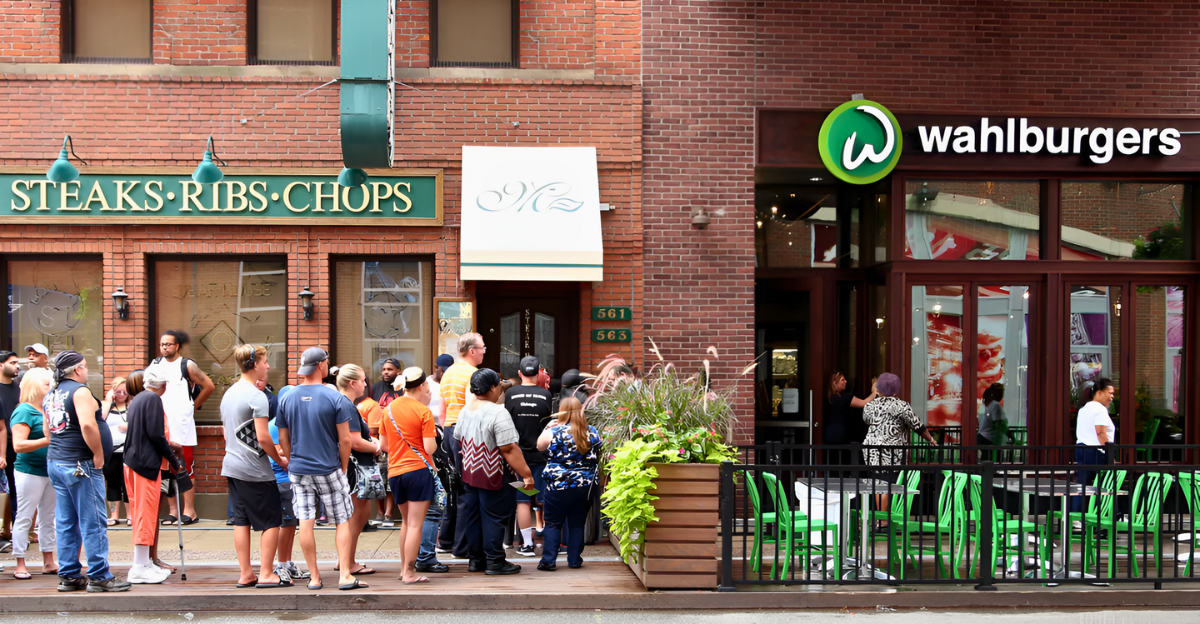
Wahlburgers, the popular burger chain started by chef Paul Wahlburg and his celebrity brothers Donnie and Mark, has announced the closure of 79 locations nationwide in July 2025, a move that sent ripple effects through communities and the fast-casual dining sector.
According to USA Today, nearly all closed sites were inside prominent Hy-Vee grocery stores, transforming local retail scenes overnight.
Randy Sharpe, Wahlburgers CEO, told Restaurant Business Online, “We are growing restaurants. We’re not going to be in the grocery business.” Consumers and industry veterans are watching closely for what comes next.
Franchise Fallout
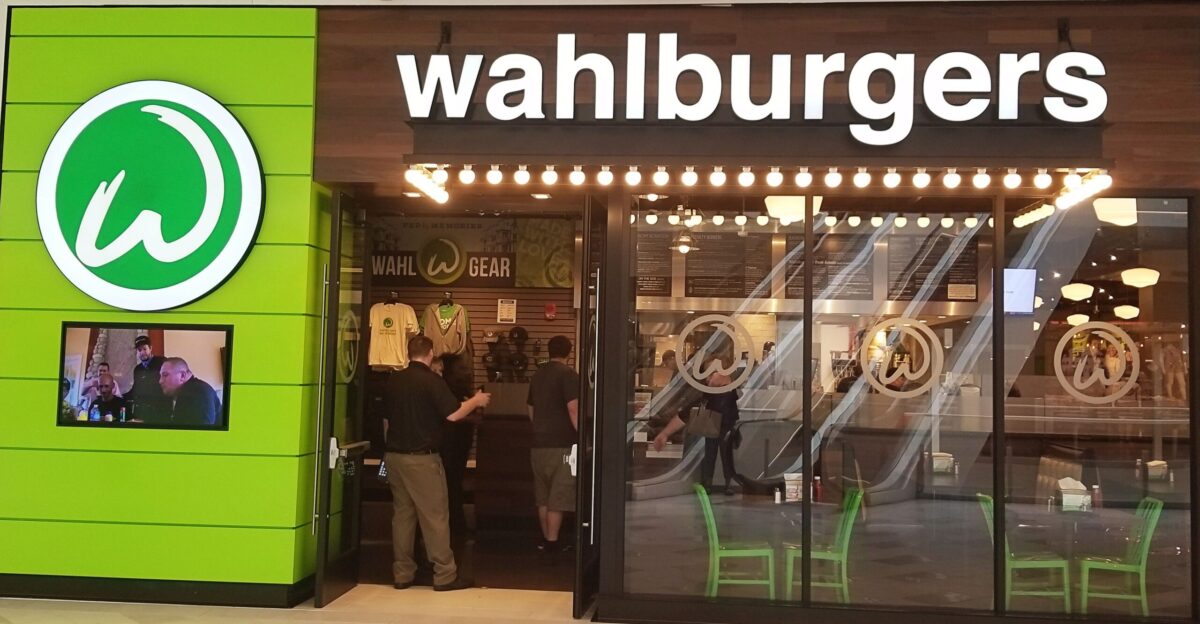
The closures directly affected thousands of staff and franchise owners, with abrupt changes disrupting both livelihoods and local economies.
Entrepreneur reports that Hy-Vee converted its former Wahlburgers outlets back to the Market Grille concept, signaling a strategic reversal.
Food analyst Eric Mayer explained, “Staff adaptation will be essential, but layoffs are unavoidable.” Franchisees worry about lost investment and uncertain futures as the restructuring unfolds.
The Partnership
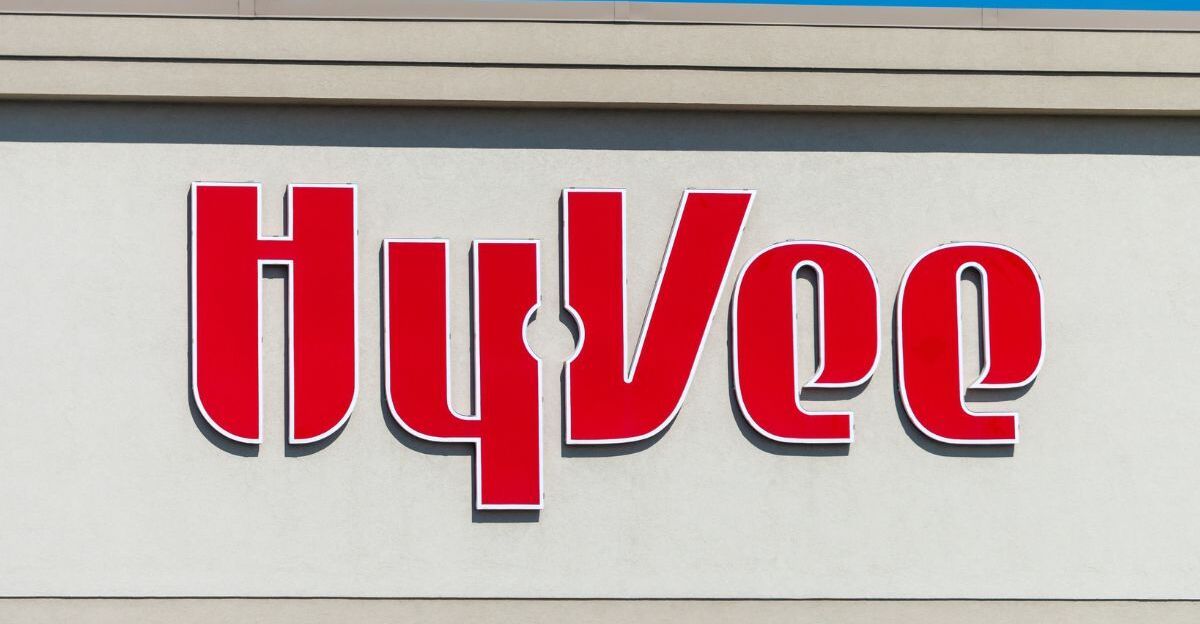
Wahlburgers first teamed up with Hy-Vee in 2017, launching co-branded restaurants and premium burger kiosks within supermarket sites.
As Hy-Vee grew its regional empire, the partnership was hailed as an innovative blend of grocery and dining.
Fast Company chronicled the early excitement, noting, “Hy-Vee’s collaboration with the Wahlberg family was seen as a win-win for both brands.” CEO Randy Edeker said this “retail-restaurant fusion” was meant to drive foot traffic.
Growth and Strain
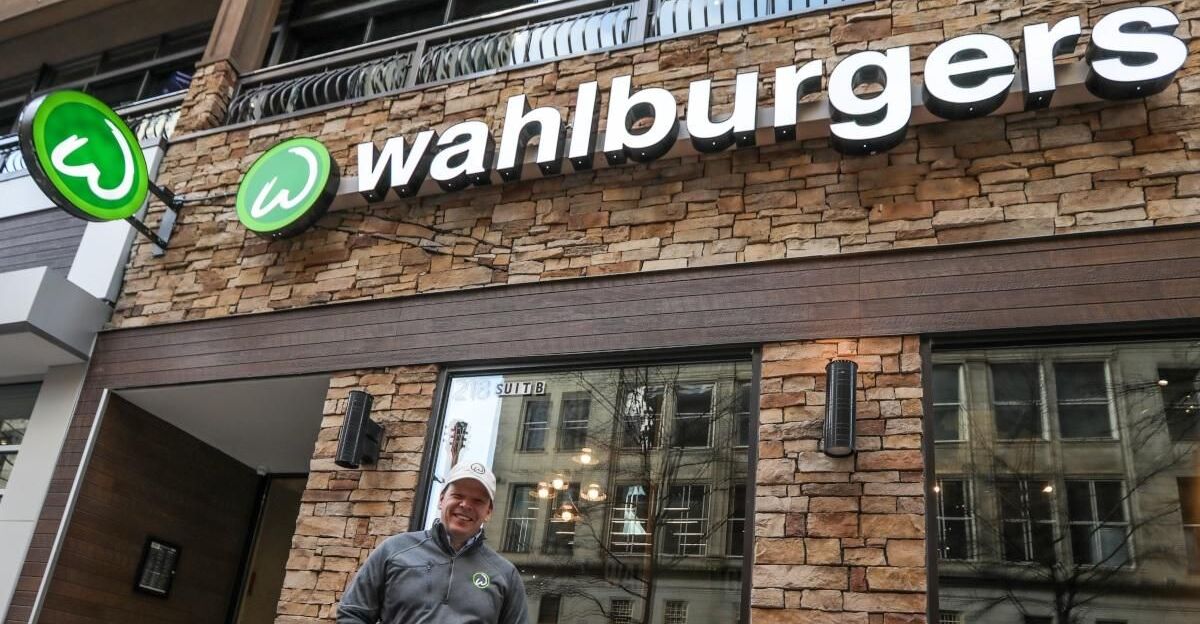
Despite initial momentum, some locations struggled to meet targeted sales and operational efficiency. Eat This, Not That! found that pricing and quality issues led to declining foot traffic at many Wahlburgers-Hy-Vee stores, impacting margins.
Hy-Vee was forced to reevaluate its restaurant strategy over time. “Food court concepts have lost some appeal since the pandemic,” said restaurant strategist Brianna Cole, citing industry trends.
Partnership Collapse
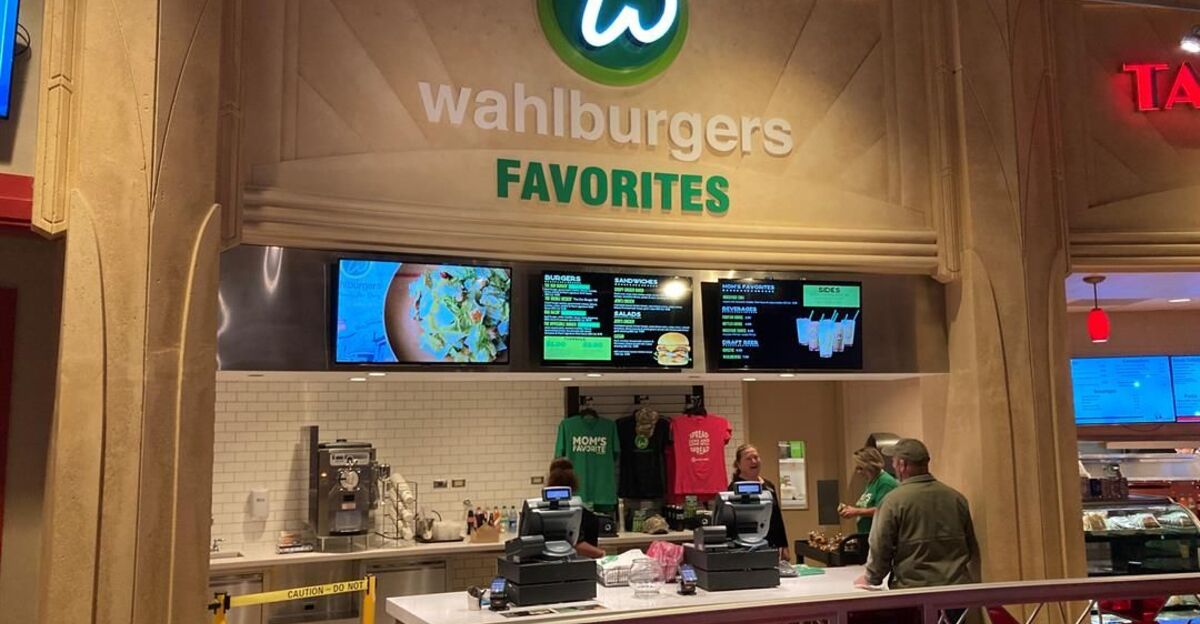
Wahlburgers closed 79 locations—nearly half its U.S. footprint—once the Hy-Vee partnership collapsed in early 2025. According to Taste of Country, supermarkets reverted to Market Grille branding.
“We saw declining numbers in those stores,” explained Sharpe. Hy-Vee’s spokesperson confirmed, “We’ll turn these sites back into the Market Grille experience.”
Regional Impact
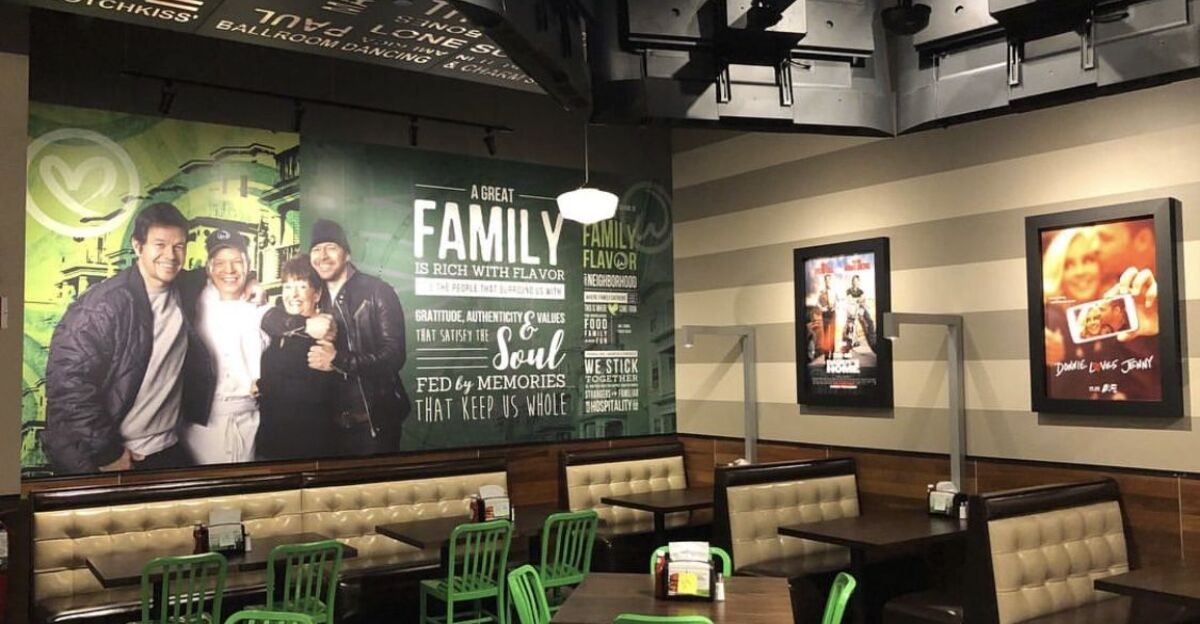
The closures hit hardest in the Midwest, including major cities in Iowa, Nebraska, and Minnesota where Hy-Vee’s presence is largest.
Suggest reports entire regions saw their Wahlburgers outlets close in rapid succession, leaving gaps in local mall and supermarket offerings.
“It was a swift and disruptive transition,” said local business leader Carrie Jacobs. Communities now face both economic and culinary change.
Facing Uncertainty
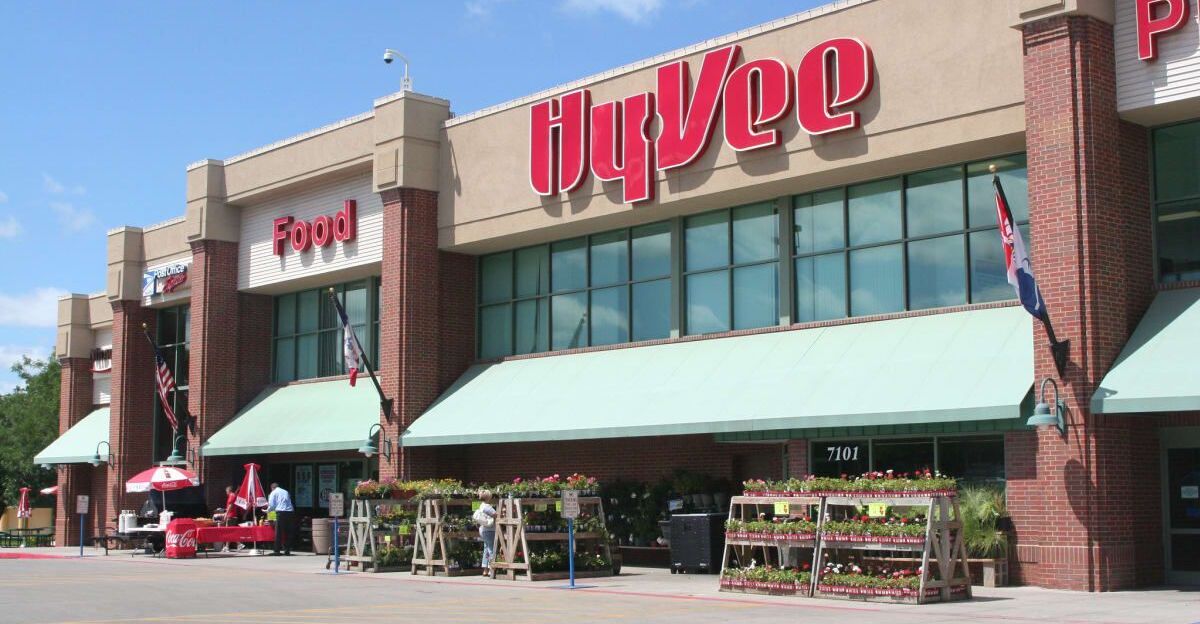
Behind each closure are personal consequences. Food Republic interviewed former staff members, many of whom were offered positions at Hy-Vee’s Market Grille but some faced layoffs.
“It was a good gig; families liked the brand,” said Iowa employee Taylor Price. Restaurant consultant Sophie Mendel added, “Retail dining workers face uncertainty whenever partnerships end.”
Burger Wars
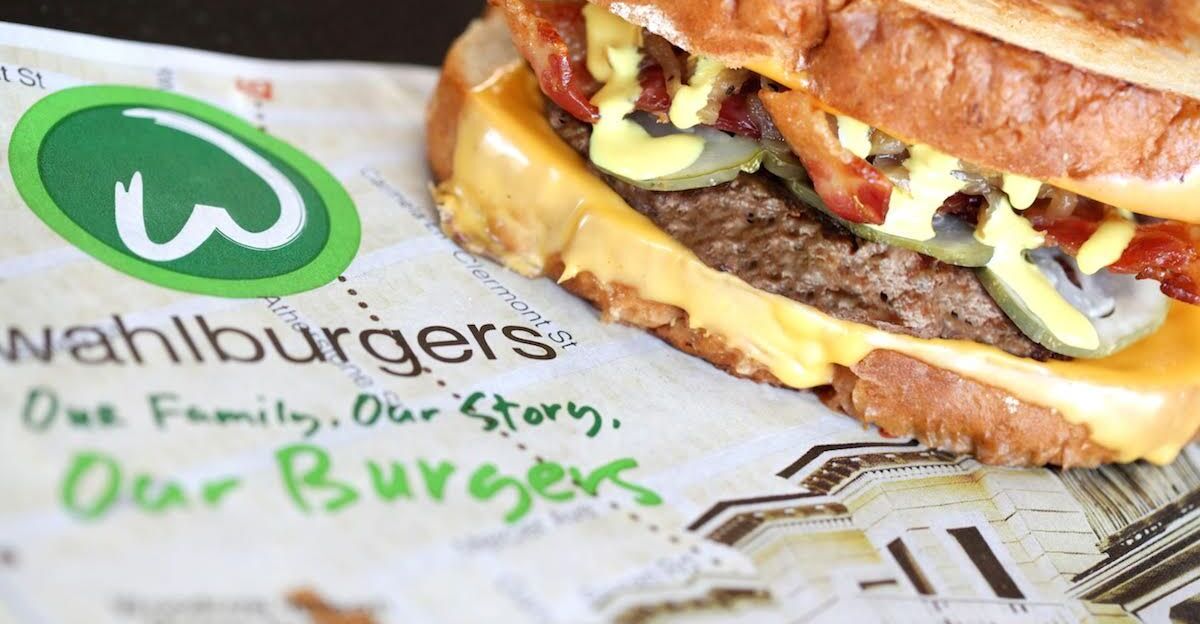
Quick-thinking competitors seized opportunity from Wahlburgers’ exit. Chains like Freddy’s and Five Guys announced new Midwest locations, hoping to win displaced customers.
Entrepreneur notes Hy-Vee is revitalizing its Market Grille brand to fill the void. “The Burger Wars just heated up,” said food marketing expert Alan DeVries, describing regional positioning.
Fast-Casual Turbulence
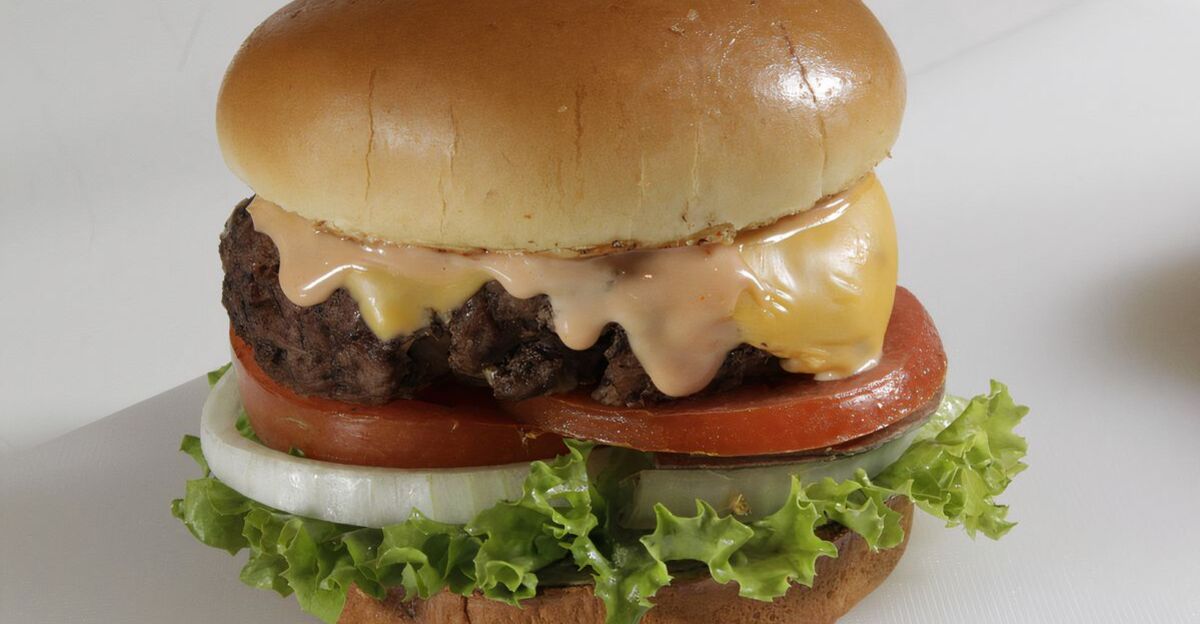
Wahlburgers’ closures are part of a broader shake-up in the fast-casual segment. Eat This, Not That! highlights similar movements at brands like Red Lobster and TGI Fridays, both impacted by shifting consumer trends.
“Traditional restaurant models face new challenges post-pandemic,” explained consultant Brianna Cole. Experts forecast further consolidation and downsizing across the market.
Revenue Reality
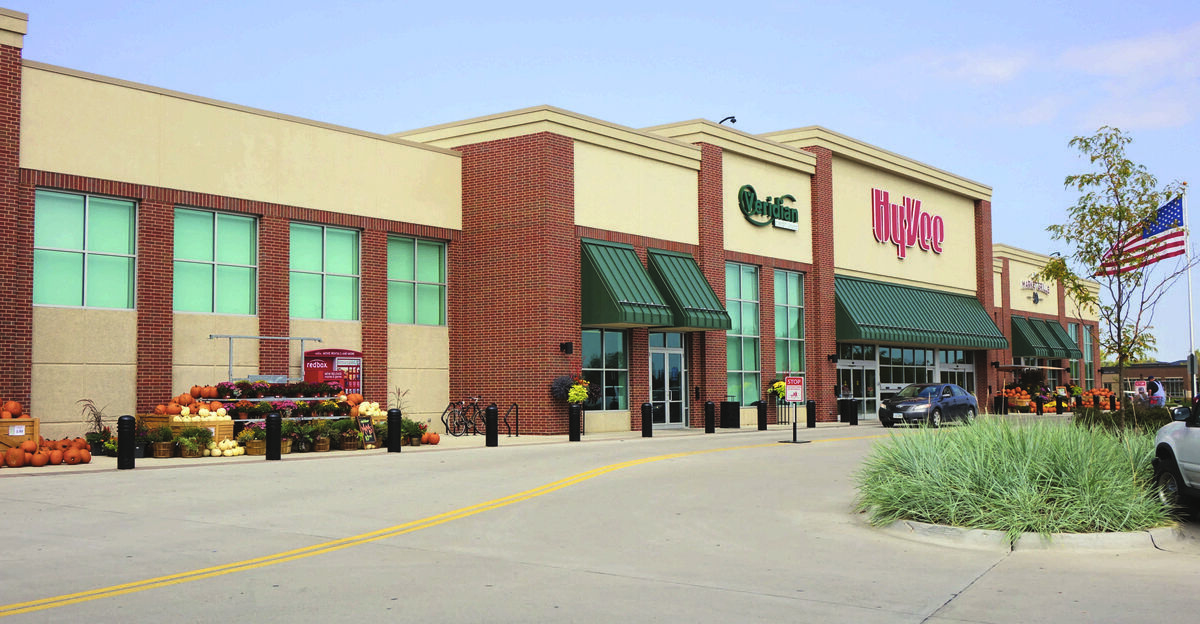
Hy-Vee locations accounted for only a small portion of Wahlburgers’ overall sales, according to CEO Randy Sharpe.
The chain now plans to grow by launching independent restaurants and boosting off-premises sales, as reported by Food On Demand. Expert Peter Tran said, “Standalone venues offer greater profitability and control.”
Franchisee Frustration
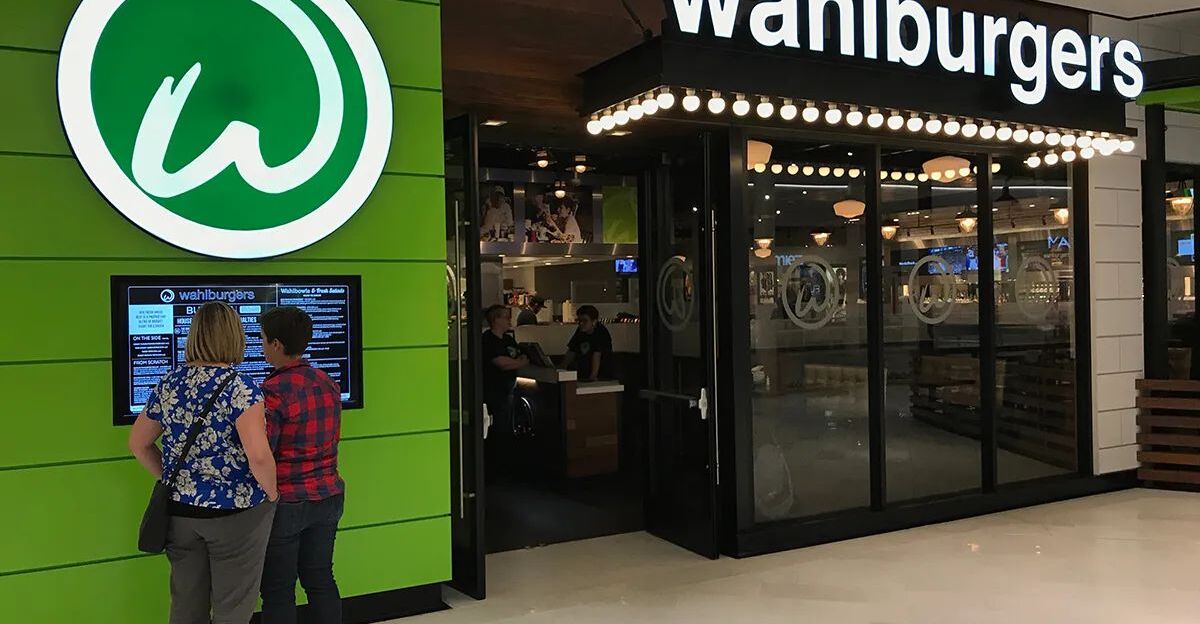
Many franchisees invested heavily in the Wahlburgers-Hy-Vee model, only to see their businesses shutter abruptly.
Entrepreneur documented complaints of “little warning and steep losses” as operators scrambled to adjust.
“We didn’t see this coming,” said franchisee Daniel Rivera. Legal expert Laura Jeffries added, “Contractual protections for franchisees remain limited.”
Celebrity Owners
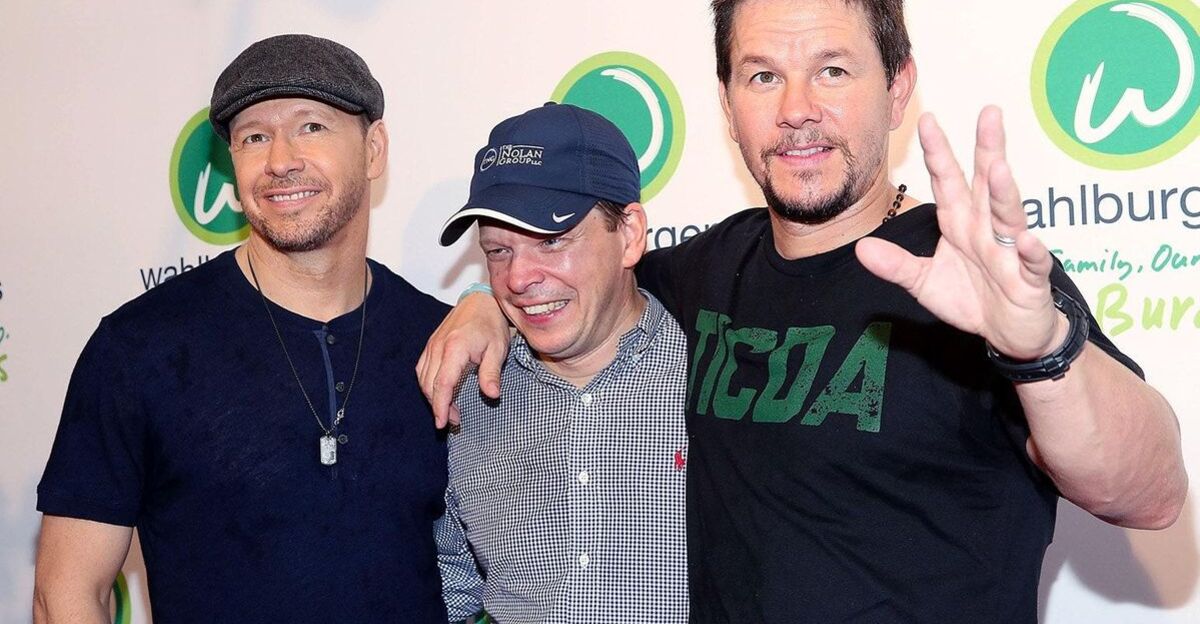
Despite difficulties, Mark, Donnie, and Paul Wahlberg continue to champion their brand, maintaining spokesperson roles and spearheading new initiatives.
The Wahlberg family’s involvement remains a pivotal part of the chain’s identity, as Wikipedia notes. “We’re optimistic about our next chapter,” Mark Wahlberg told USA Today after the closures.
Strategy Reset
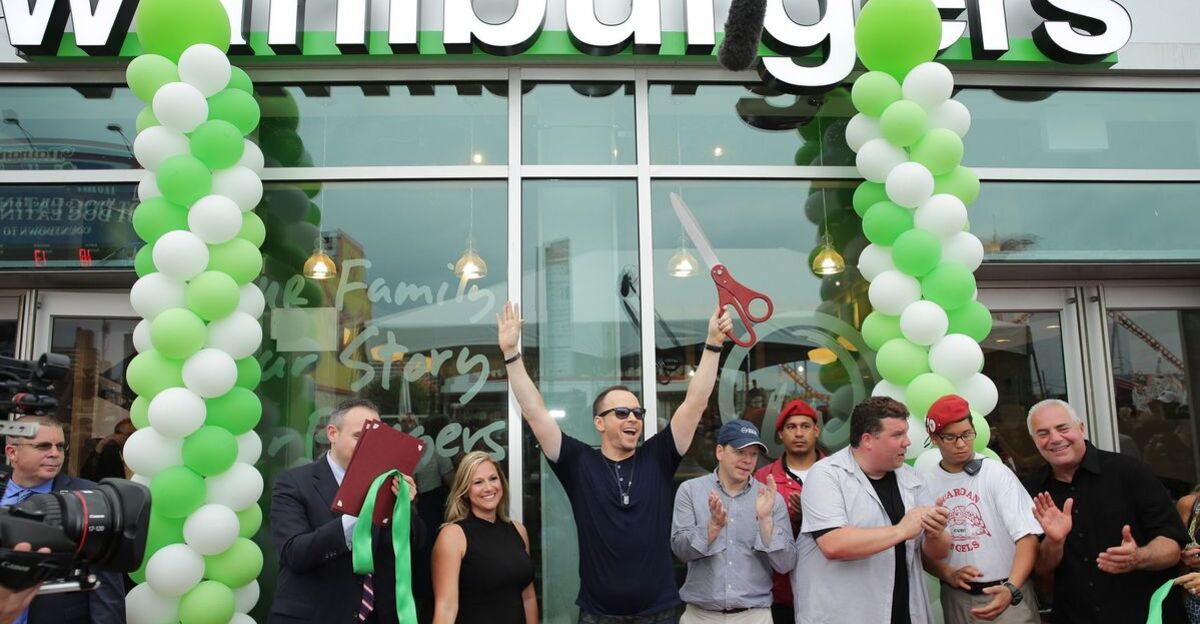
Wahlburgers quickly announced plans to open 15 new full-service locations in 2025, aiming for improved operational control and guest experience.
Entrepreneur confirmed the shift away from grocery store counters, with Sharpe stating, “Quality over quantity is now our guiding principle.” Experts praise the pivot as both necessary and promising for survival.
Cautious Optimism
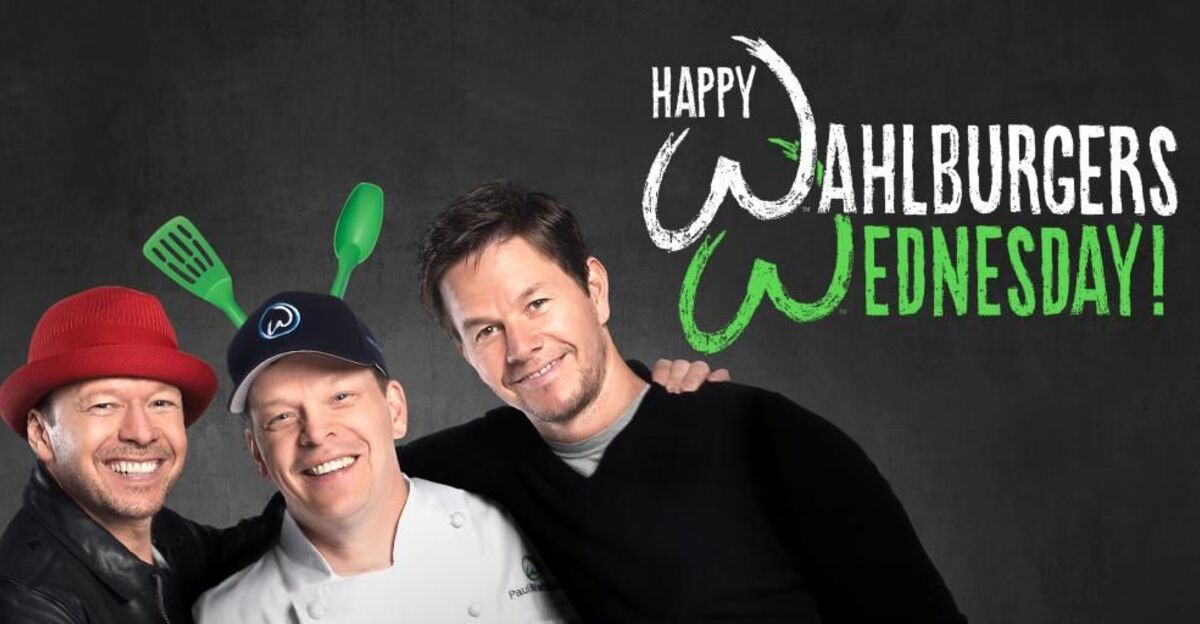
Industry analysts are split on Wahlburgers’ outlook. Some warn that the fast-casual field is highly competitive, with inflation and changing tastes posing ongoing risks.
“The burger category remains crowded,” said analyst Jenna Klein. Others see the chain’s celebrity roots as a potential advantage for brand recovery.
Looking Ahead
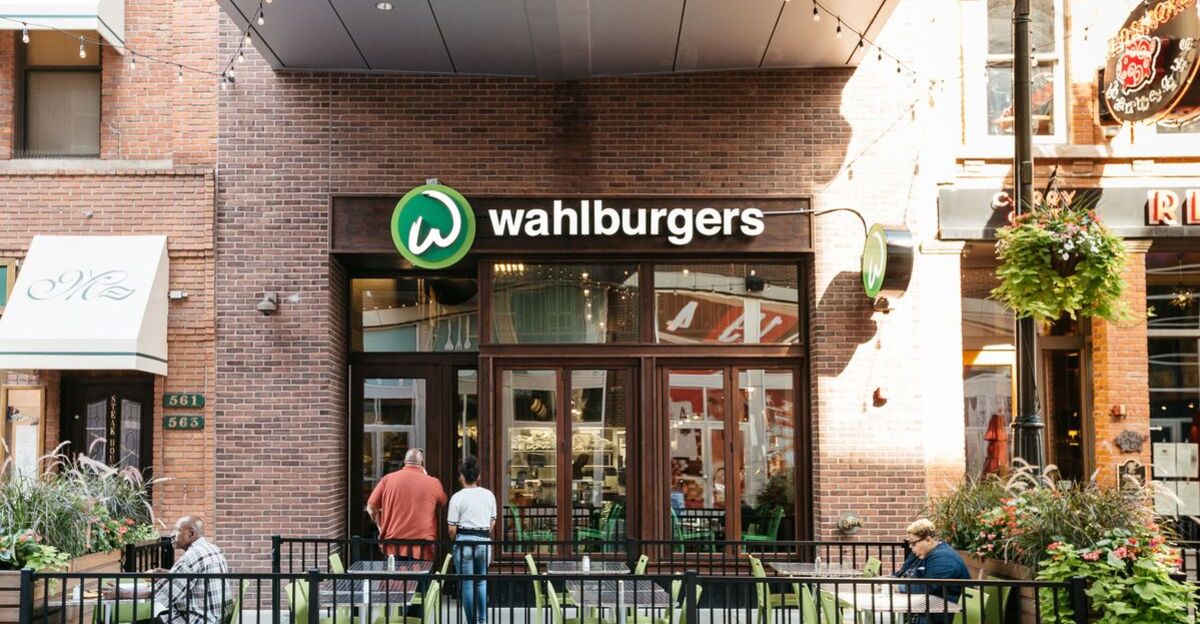
Experts predict the fast-casual sector will increasingly favor direct consumer models and unique experiences, pressuring chains to innovate.
Eat This, Not That! suggests the “restaurant-in-grocery” format may continue to shrink industry-wide. “Wahlburgers’ next moves could shape how celebrity-backed brands rebound,” said analyst Peter Tran.
Helping Displaced Workers
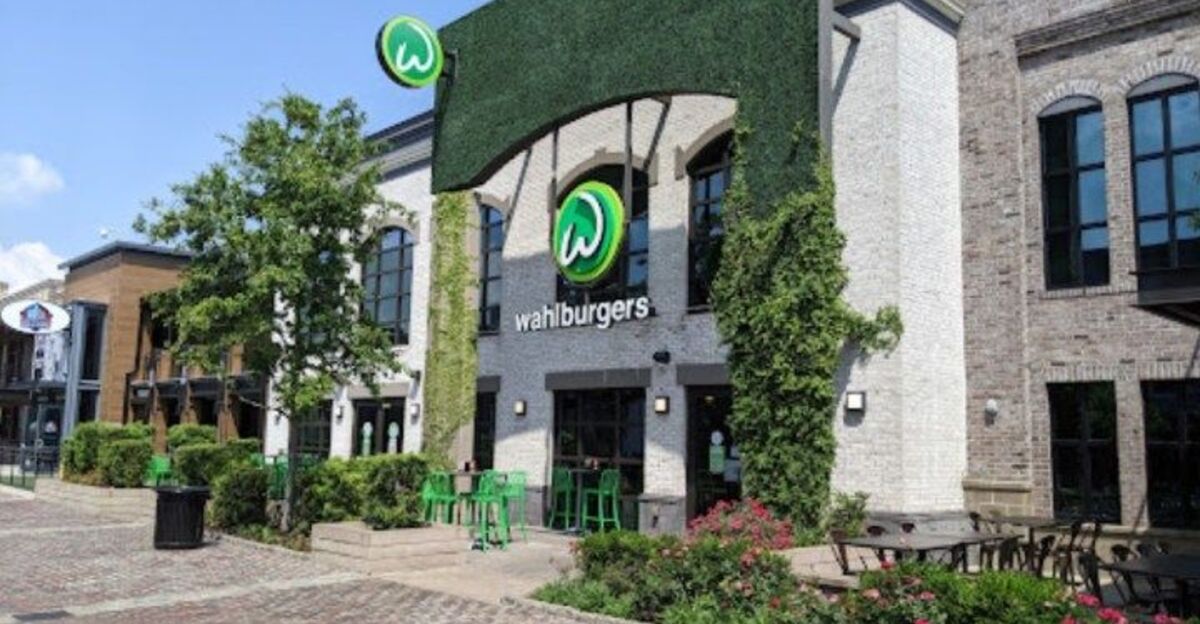
Local governments are now considering relief and retraining initiatives for workers displaced by closures. According to a CERPA economic impact study, sudden restaurant shutdowns can harm local job markets and reduce municipal tax revenue. “Public-private partnerships may help cushion the transition,” said policy specialist Linda Beck.
International Effects
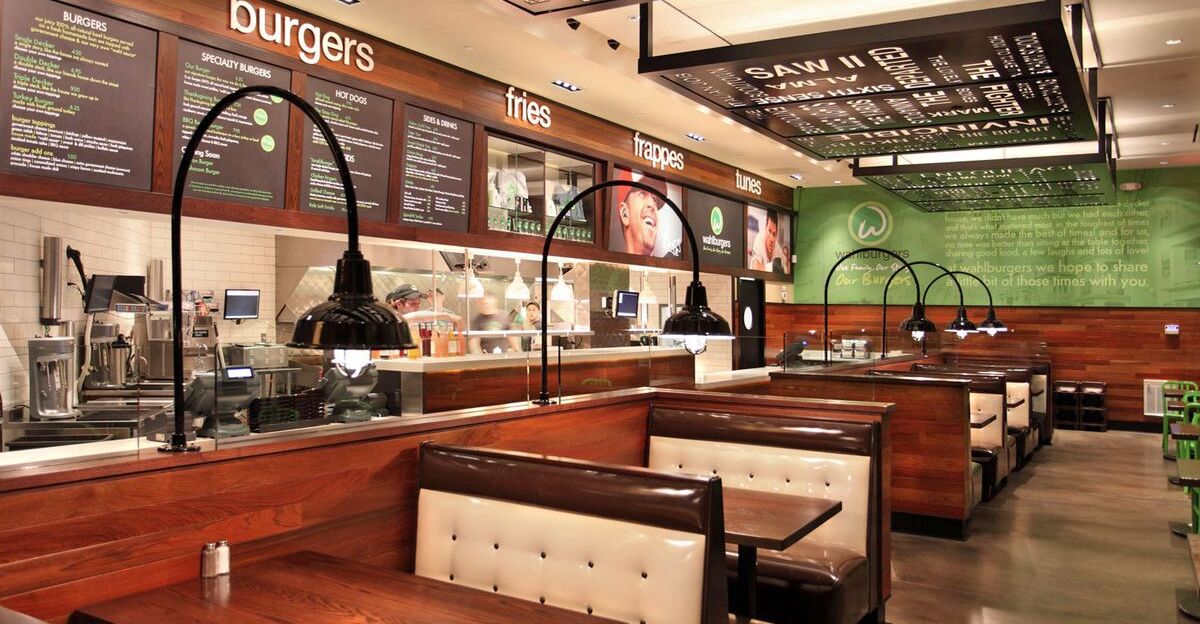
Wahlburgers’ challenges extend globally, as the company winds down new franchise growth in Canada, Australia, and New Zealand.
Parade reports several international expansions have paused or closed, with focus shifting back to core U.S. operations. “Market differences require unique approaches,” said consultant Derek Yu.
Legal Implications?
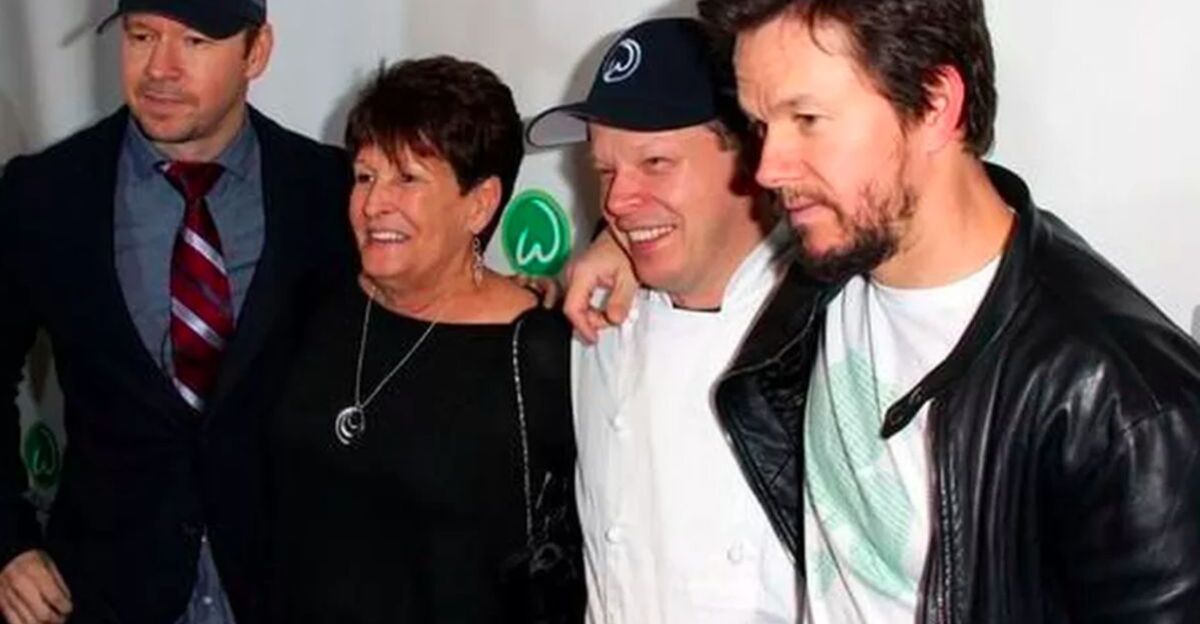
No major lawsuits have emerged in connection with the closing of 79 Wahlburgers locations, according to industry reporting. The transition was primarily managed as a business decision between Wahlburgers and Hy-Vee, with both parties reverting to their own restaurant concepts.
“These closures were strategic rather than contentious,” said restaurant legal expert Laura Jeffries. Public records indicate that franchise and employee disputes have remained minimal so far.
Cultural Shifts
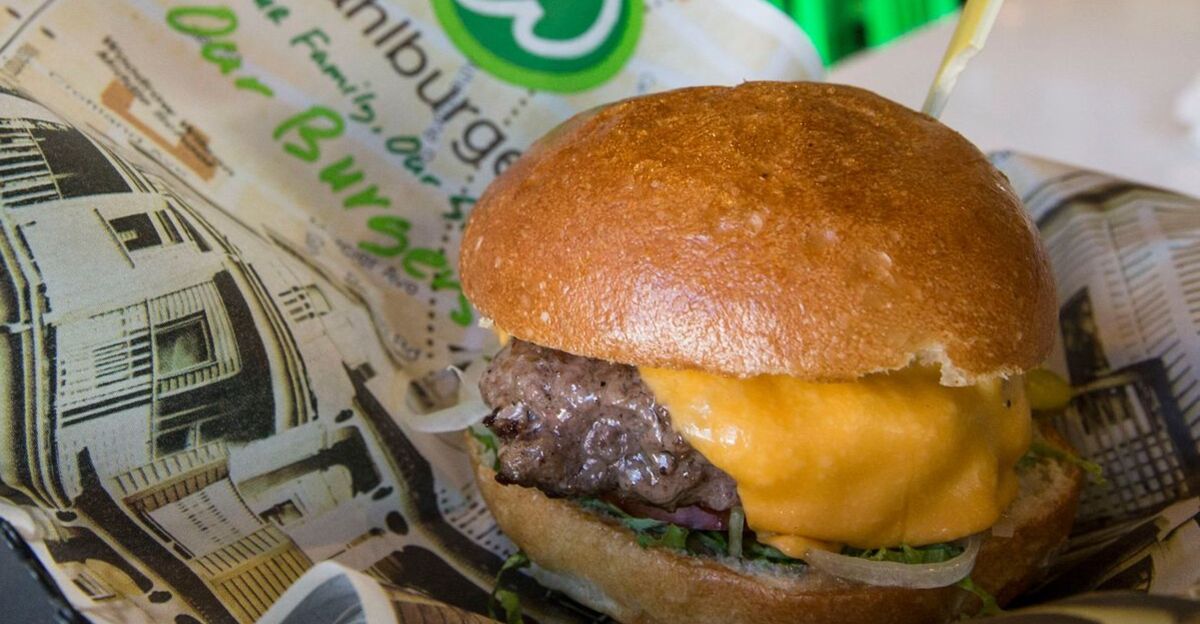
Changing consumer habits and shifting brand loyalties are redefining the American dining landscape. Eat This, Not That! notes younger diners increasingly favor local and direct-order brands over large celebrity-backed chains. “The era of retail franchise dominance may be ending,” said sociologist Ben Marks.
Big Picture Reflection
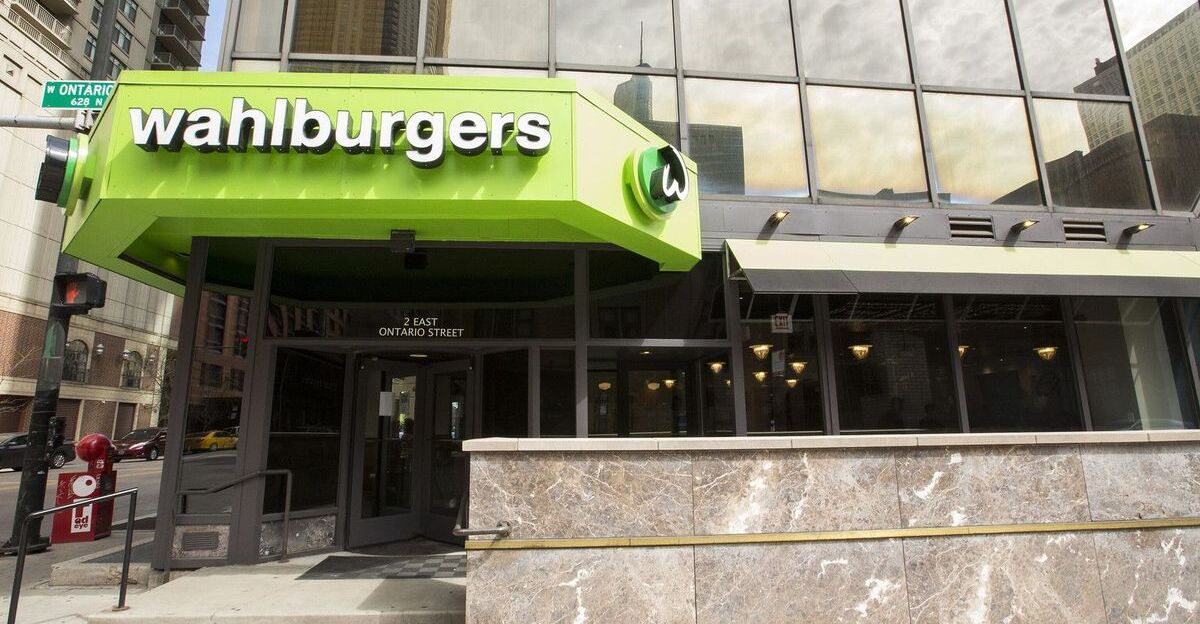
The Wahlburgers closure saga illustrates the risks of rapid expansion, celebrity branding, and grocery partnerships in a volatile economy.
Entrepreneur predicts industry players will watch closely as Wahlburgers pivots toward new strategies. “What happens next could signal broader changes in the fast-casual market,” concluded analyst Jenna Klein.